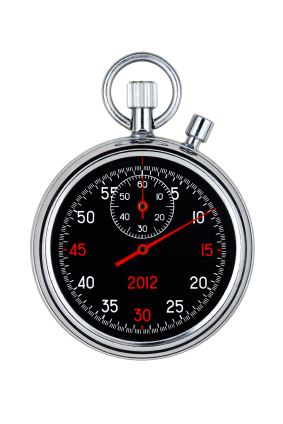The sugar most of us keep in kitchen canisters is very different than what now sweetens the foods we buy. Sugar now comes in many different forms and each can affect our body in different ways. It’s important to know more about the sweeteners in our foods so we can indulge from time to time without harming our health.
Traditional table sugar (also known as sucrose) is typically derived from sugar cane or sugar beets. But there are many more sugar variants than the type on our kitchen table. Glucose, the building block of almost all carbohydrates, is an important source of energy for activity. Fructose, the sweetest of the sugars, can be found naturally in fruits and honey. Sucrose is formed when glucose and fructose are chemically bonded together. This occurs naturally in some plants, and it’s these plants that are used to produce table sugar.
Is Sugar Bad?
So let’s cut to the chase – Is sugar bad for me or not? To answer this question, we must first understand how the body responds to sugar intake.
When we consume sugar, the body releases insulin into the bloodstream. Insulin pushes the sugars into the cells of our muscles (to be used for energy) and liver (to be stored for later use). If there is too much blood sugar, it’s more likely this sugar will be converted into body fat. Over time, if there is continuously too much blood sugar, our bodies become less effective at controlling it and problems such as diabetes and excessive weight gain can arise.
So yes, if the wrong types of sugar are over-consumed, sugar can be bad for your health.
Are There Healthy Sources of Sugar?
Sugar is naturally present in a variety of fruits and vegetables, and these foods can be used to get the sweet fix we sometimes need. Natural sources of sugar are better handled by the body because they typically come with high amounts of fiber that help control the breakdown and release of sugar into the bloodstream.
Consuming whole fruits is one great way to get a sweet fix without spiking blood sugar. The fructose contained in fruits is absorbed slowly by the body and produces a smaller rise in blood sugar. Raspberries, blackberries, blueberries, pomegranate and kiwi are particularly high in fiber and have other benefits to our health. Even dates (which are very high in sugar) are better than regular table sugar. Sweet vegetables such as carrots or beets are also good choices that come with beneficial antioxidants.
What About Honey, and Other Types of Sweeteners?
Since sugar has been labeled a common fat-related enemy, there have been a number of efforts by the food industry to create sweet products without listing “sugar” as an ingredient. Be on the lookout for sneaky labeling such as Dehydrated Cane Juice, Beet Sugar, Dextrose, High Fructose Corn Syrup, Fruit Juice Concentrate and others. They may not carry the sugar name, but they all raise blood sugar and should be used in limited amounts.
Like many people, I’ve used honey or brown sugar to sweeten tea or oatmeal. The common thought is that these sweeteners are healthier than table sugar. Don’t be fooled by the “brown” or “raw” labels on sugar packets. Brown sugar is simply white table sugar with molasses added to give it color. Raw sugar is slightly less refined than white sugar, but it’s essentially the same. Honey is slightly better than refined sugar because it is released into the bloodstream more slowly.
Should I Stay Away From Sugar?
Sugar isn’t deadly. When used in moderation, there is plenty of wiggle room in your diet for sugar or a sweet indulgence. In fact, some research even indicates that when people fit a sweet snack into their diet, they are more successful at losing weight. And there are times when our body actually needs simple sugars, such as after a workout.
You can find a variety of ways to enjoy delicious meals of sweet flavors while supporting good health. Choose all natural sweet foods like fruits and vegetables. Nature has it’s own way of helping us control the release of sugar into the body by pairing it fibrous and nutritious foods.
Rather than trying to avoid all sugars, simply concentrate first on eating foods that are high in nutrients. When you can, opt for natural sugars wrapped in “skin” (i.e. fruits) over those that come in a box or bag. And try to avoid over-consumption of processed foods and beverages that spike blood sugar the most.
 Tabata Training
Tabata Training